Just in time for the upcoming debate on reauthorizing the trillion dollar suite of programs known as the Farm Bill, lawmakers have introduced common sense legislation to reform one of the costliest Farm Bill programs, the highly subsidized federal crop insurance.
The bipartisan “Harvest Price Subsidy Prohibition Act” legislation introduced by Senator Jeff Flake (R-Arizona), Senator Jeanne Shaheen (D-New Hampshire), and Congressman John Duncan (R-Tennessee) would terminate federal subsidies for Harvest Price Option (HPO) crop insurance policies. The HPO, which is known as the “Cadillac” coverage option of crop insurance policies, differs from standard insurance. Under traditional crop insurance an agricultural business can purchase a policy that guarantees a level of revenue based on prices expected at the time of planting a crop. HPO policies, however, re-calculate revenue guarantees using either the price at planting or the market price at harvest, whichever is higher. Bottom line, HPO policies can actually result in a farmer’s revenues exceeding the revenue expected when the crop was planted, even when they end up harvesting a crop. It’s a sweet deal, at the taxpayer’s expense.
Taxpayers are currently projected to spend more than $8 billion annually subsidizing insurance policies that lock in high levels of guaranteed income for agricultural businesses. More than 70 percent of federal crop insurance policies are revenue policies, protecting farm businesses from dips in anticipated revenue, rather than from crop loss due to unexpected weather or disease. This in spite of the fact that on average farm households have higher levels of income than their non-farming American counterparts.
The current federal financial safety net for agriculture is a complex web of overlapping and expensive subsidies that too often rewards a small number of special interests and large agribusinesses at the expense of taxpayers. The Harvest Price Subsidy Prohibition Act is a common sense step, long overdue, toward creating a more efficient, cost-effective safety net for agricultural businesses while ensuring we are getting the best deal possible for both farmers and taxpayers.

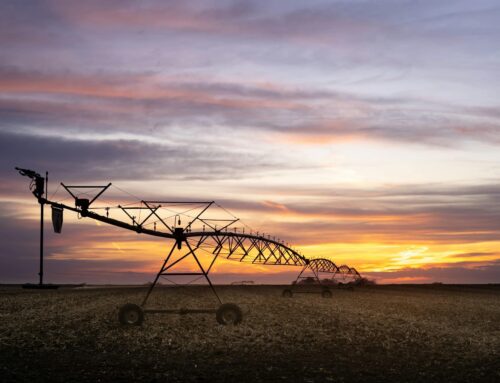

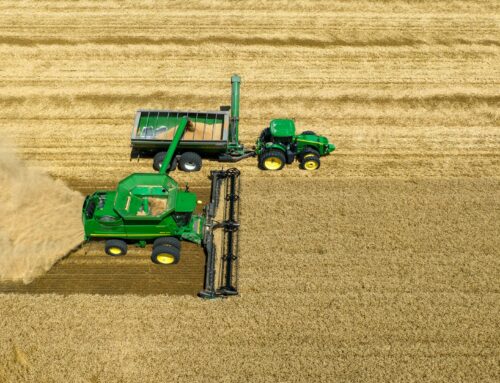
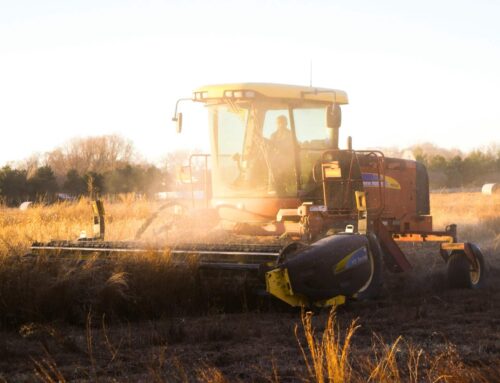
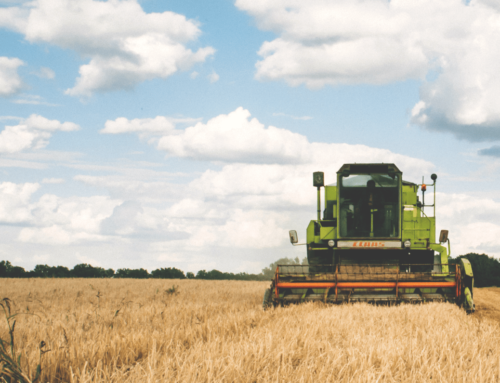



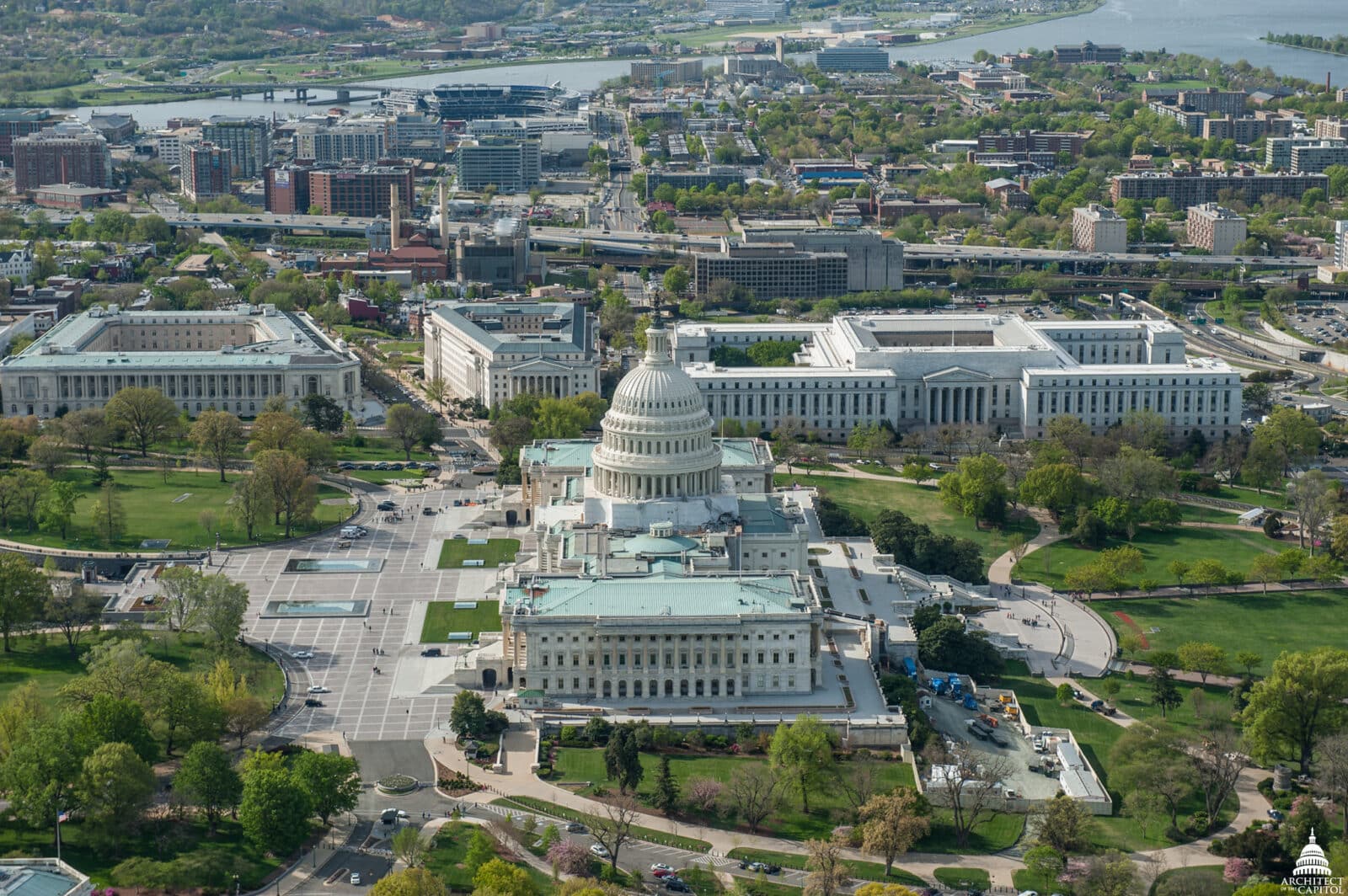


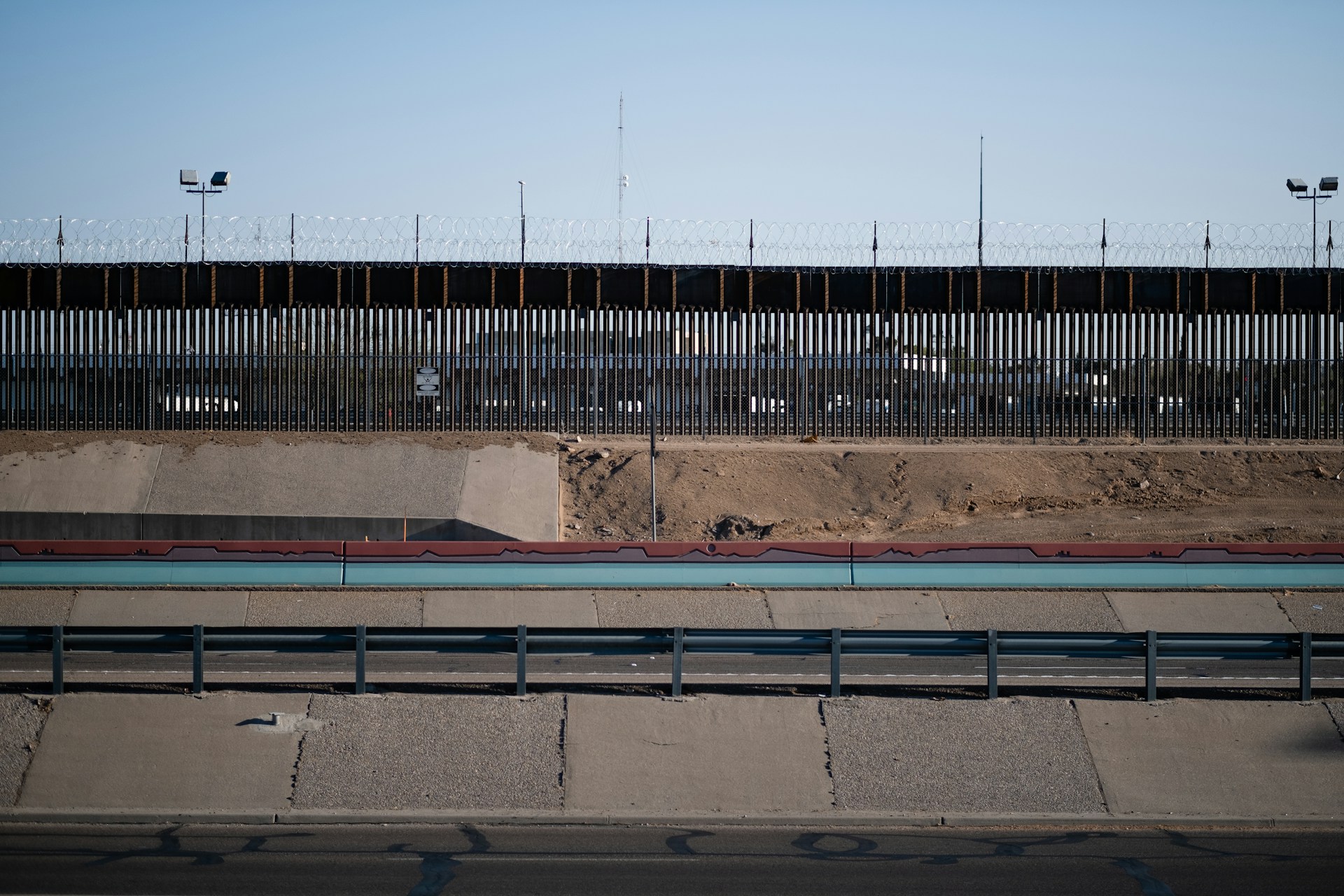
Get Social